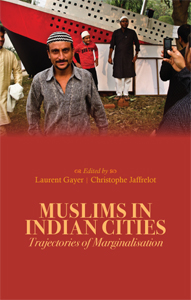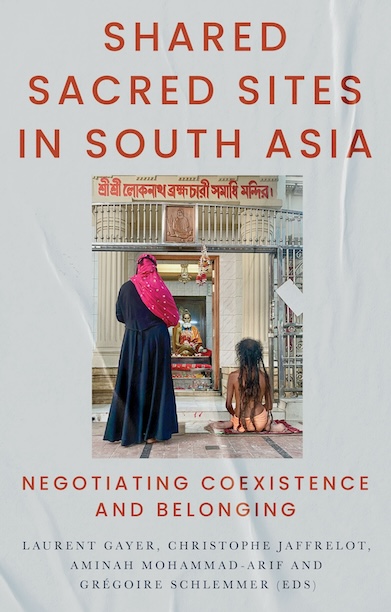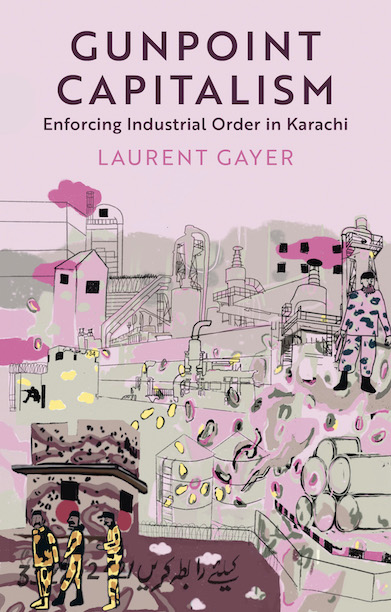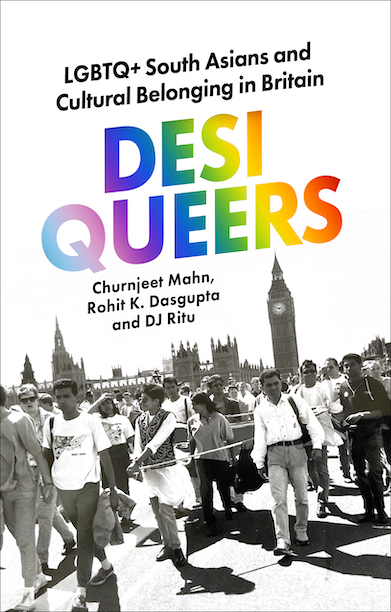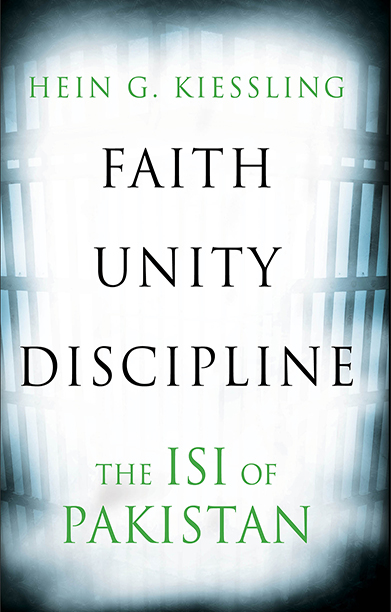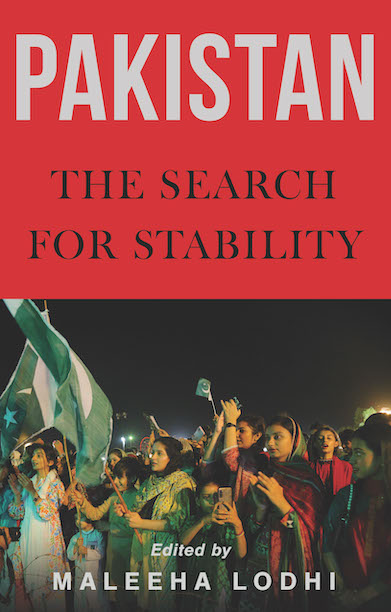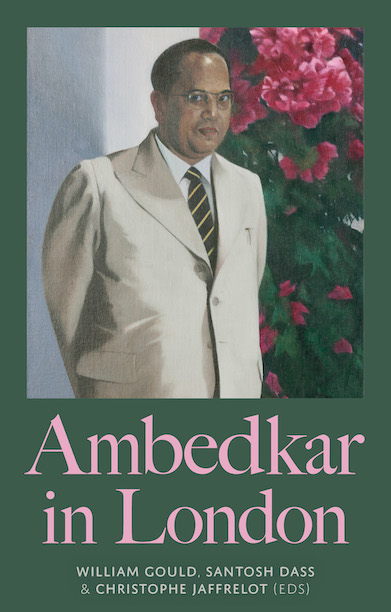Description
At more than 150 million people, Muslims are the largest Indian minority but are facing a significant decline in socio-economic as well as political terms – while waves of communal violence have affected them over the last twenty-five years.
In India’s cities, these developments find contrasting expressions. While Muslims are lagging behind, local syncretic cultures have proved to be resilient in the South and in the East (Bangalore, Calicut, Cuttack). In the Hindi belt and in the North, Muslims have met a different fate, especially in riot-prone areas (Ahmedabad, Mumbai, Jaipur, Aligarh) and in the former capitals of Muslim states (Delhi,
Hyderabad, Bhopal, Lucknow).
These developments have resulted in the formation of Muslim ghettos and Muslim slums in places like Ahmedabad and Mumbai. But (self-)segregation also played a role in the making of Muslim enclaves, like in Delhi and Aligarh, where traditional elites and the new Muslim middle class searched for physical as well as cultural protection through their regrouping.
This book supplements an ethnographic approach to Muslims in eleven Indian cities with a quantitative methodology in order to give a first- hand account of this untold story.
Reviews
‘India can often seem a haven for religious minorities, particularly in comparison to many of its neighbours, and deservedly so. This book holds up a mirror to some of the running sores that run counter to the country’s idea of itself. It reminds us that even as India’s economy reaches for the stars, the consequences of some of the congenital defects in its body politic still run deep.’ — Asian Affairs
‘A timely and useful addition to the list of books published lately to address the present position and future of Muslims in India. This book will definitely help develop an inclusive India which has been on the agenda of all national governments even though all of them have failed so far.’ — The Muslim World Book Review
‘Laurent Gayer and Christophe Jaffrelot have assembled an impressive array of scholars to produce a fascinating portrait of the state of India’s Muslim communities in various urban settings. The analyses in this volume are well-researched, offer new insights and provide a complex, and often disturbing, accounts of the state of Muslim communities across metropolitan India. The contributors to this work have eschewed facile generalisations, have provided fine-grained accounts and have displayed an admirable sensitivity to both historical as well as contemporary social forces that have helped define the current socio-economic and political conditions of India’s most sizable minority in their urban milieus. This work will will contribute much to addressing an important lacuna in the pertinent literature on the contemporary politics and status of India’s Muslim minority.’ — Sumit Ganguly Rabindranath Tagore Chair in Indian Cultures and Civilizations at Indiana University, Bloomington and Senior Fellow at the Foreign Policy Research Institute in Philadelphia
‘Urban India, the locus of India’s economic surge, is home to over a third of India’s Muslims — and it is there that the diverse cultures of Muslim India once flourished. Yet today, India’s urban Muslims are the most disprivileged of India’s urban citizens and their life-chances are sharply constrained in every respect. In this pioneering set of political ethnographies, the predicament of Indian Muslims is examined across a dozen cities. Jaffrelot and Gayer’s substantial volume at once illuminates empirical conditions and tests theories about ghettoisation, integration, and political attitudes of India’s urban Muslims.’ — Sunil Khilnani, Director, India Institute, King’s College London
‘Jaffrelot’s range of scholarship is amazing and his new book, Muslims in Indian Cities, co-edited with Laurent Gayer, illustrates well his wide-ranging interests. The contributions are instructive and insightful and cover a much-neglected theme in contemporary South Asia.’ — Professor Mushirul Hasan, Director General, National Archives of India
‘The volume is an important reference for researches on Muslims in contemporary India.’ — Mohammad Talib, Oxford Centre for Islamic Studies, University of Oxford, Oxford Journals Book Review.
Editor(s)
Laurent Gayer is CNRS Senior Research Professor at CERI-Sciences Po. He is the author of Karachi and Gunpoint Capitalism, and the co-editor of Muslims in Indian Cities; Armed Militias of South Asia; and Shared Sacred Sites in South Asia (all published by Hurst). He is also the co-author of Proud to Punish: The Global Landscapes of Rough Justice.
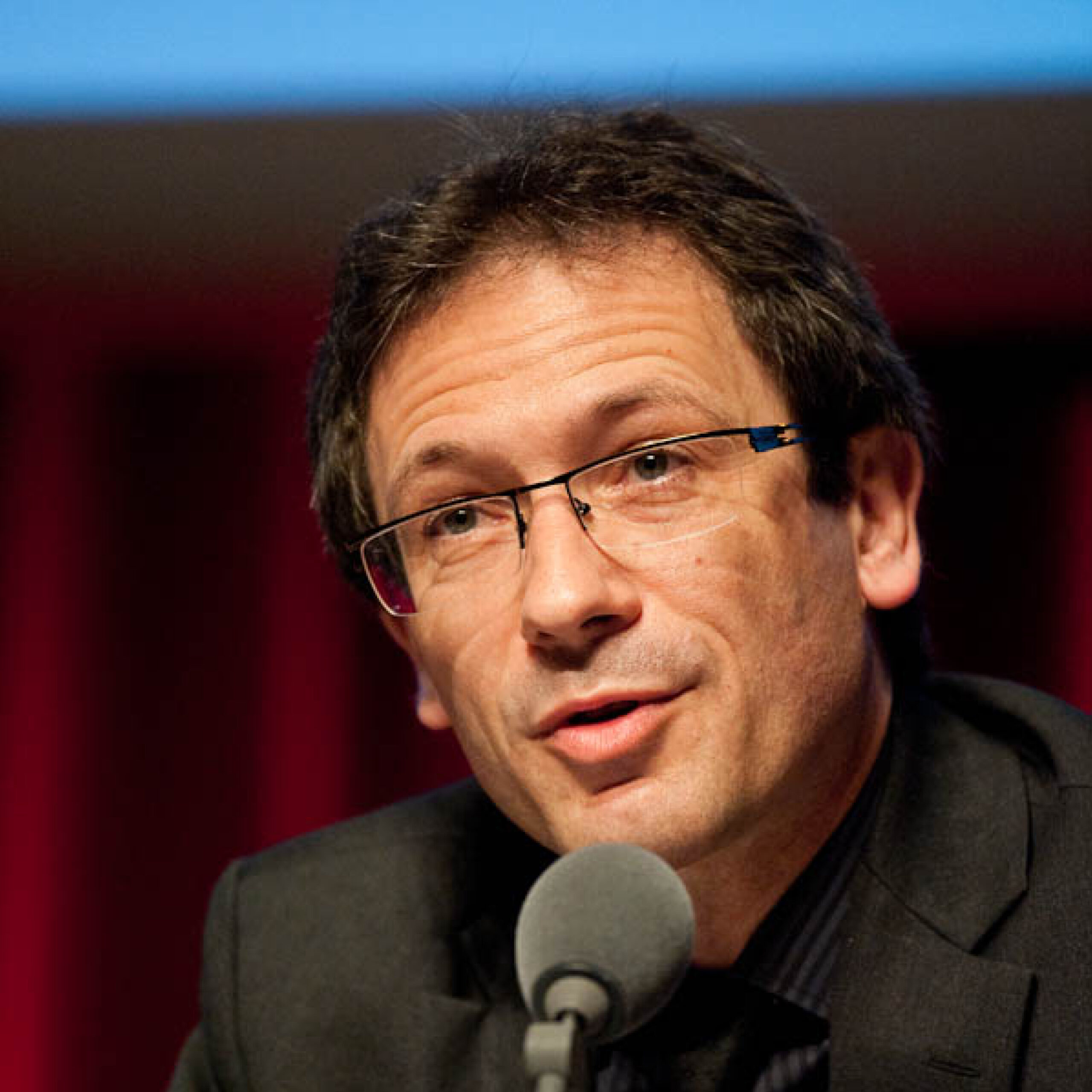
Christophe Jaffrelot is Avantha Chair and Professor of Indian Politics and Sociology at the King’s India Institute, and Research Lead for the Global Institutes, King’s College London. He teaches at Sciences Po CERI, where he was director between 2000 and 2008.
